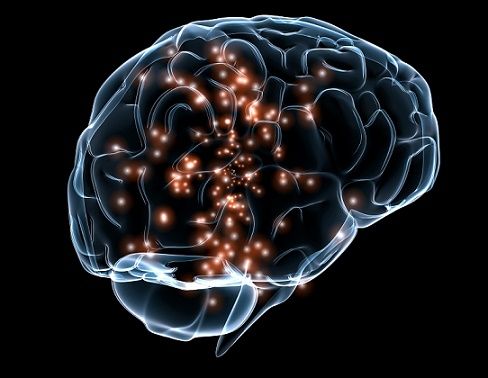American and Danish scientists weren’t expecting to make a startling new discovery when they opted to remove the brain of a cadaver by slicing the whole head off.
Normally, scientists just remove the brain, but cutting the entire head off revealed a layer of cells not previously detected: a fourth meninge that undoubtedly plays an important role in the brain’s immune system, claims the team from the University of Copenhagen and University of Rochester.
“When you want to examine the brain, you usually take the brain out. When doing so, the membrane is destroyed. Therefore, it has not been possible to see it,” Professor Maiken Nedergaard told Science.
Better understanding of how brain diseases function
Thanks to the discovery, researchers are now hoping to better understand how Alzheimer’s and multiple sclerosis function, for instance.
The presence of a fourth meninge in the brain’s immune system redraws the map. Scientists have already established that the fourth meninge, which they have called ‘SLYM’, has several functions. It divides the fluid in the brain into two compartments, so there is dirty fluid in one and pure fluid in the other.
But if the membrane breaks, the liquids are mixed together. It can be problematic and cause diseases such as Alzheimer’s and multiple sclerosis, because it can carry waste products back into the brain.
Textbooks need to be rewritten incorporating the discovery, which will enable a better understanding of all brain diseases in the future.
New world record for DTU researchers
DTU Physics scientists created the smallest record in the world just in time for Christmas. The researchers cut a single using the first 25 seconds of the Christmas classic ‘Rocking Around the Christmas Tree’, using a new nano-sculpting machine called the Nanofrazor.
First driverless catamaran to cross Limfjorden
In the port of Aalborg, a green electric-powered catamaran has made its maiden journey across Limfjorden without a captain at the helm. The marine industry, with the help of the DTU, have been working on the project since 2017 , using AI technology to guide the port bus.
Vitamin D’s important role in fighting tuberculosis
Thanks to a very special patient, who was born with a mutation that means she doesn’t respond to vitamin D, scientists could monitor the important role played by the vitamin when the immune system fights tuberculosis. Every year, more than 1.5 million people die because of this disease – especially in the Southern Hemisphere.
Ancient fish provides key to recreating a beating heart
Thanks to the fossil of a 400 million-year-old fish, researchers found a way to understand how stem cells work. Danish scientists, who have been working on the matter for some time, claim the new knowledge might enable them to help patients whose organs fail in the future.
ADHD medicine prescriptions to youths rose during pandemic – study
According to a study carried out by the University of Southern Denmark, the number of five to 24-year-olds prescribed with ADHD medication and antidepressants increased by 18 percent during the pandemic until June 2022.
Antimicrobial resistance detailed worldwide by wastewater analyses
Analyses of wastewater don’t lie. Between 2016 and 2019, researchers mapped the occurrence of antimicrobially-resistant genes in 243 cities in 101 countries, and Denmark was among the best. Peru, Uganda and Cambodia were the worst countries, according to the study.
Breakthrough for wolf monitoring in Denmark
In west Jutland, a male wolf has been GPS-collared for the very first time by Danish researchers. The GPS is going to help them monitor the development of the wolf population in the country and where they are located. The researchers have been waiting since 2018 to collar one.
Being rich means less time in the kitchen
According to a study carried out by the University of Copenhagen, the richer we are, the less homemade food we prepare. Indians spend around 74 minutes in the kitchen every day, but Danes only 47. Americans, who are one of the richest people, spend fewer than 30 minutes per day.














